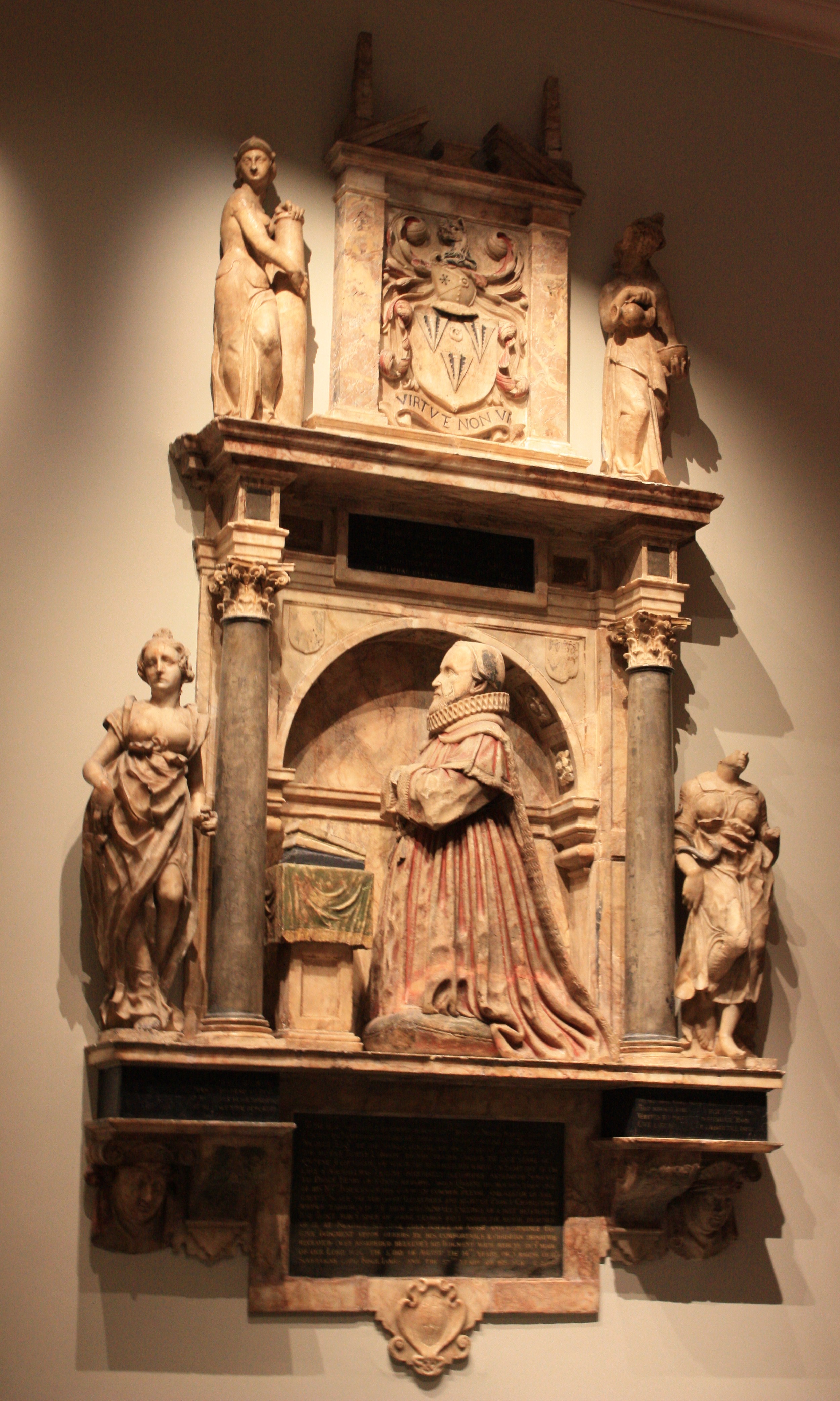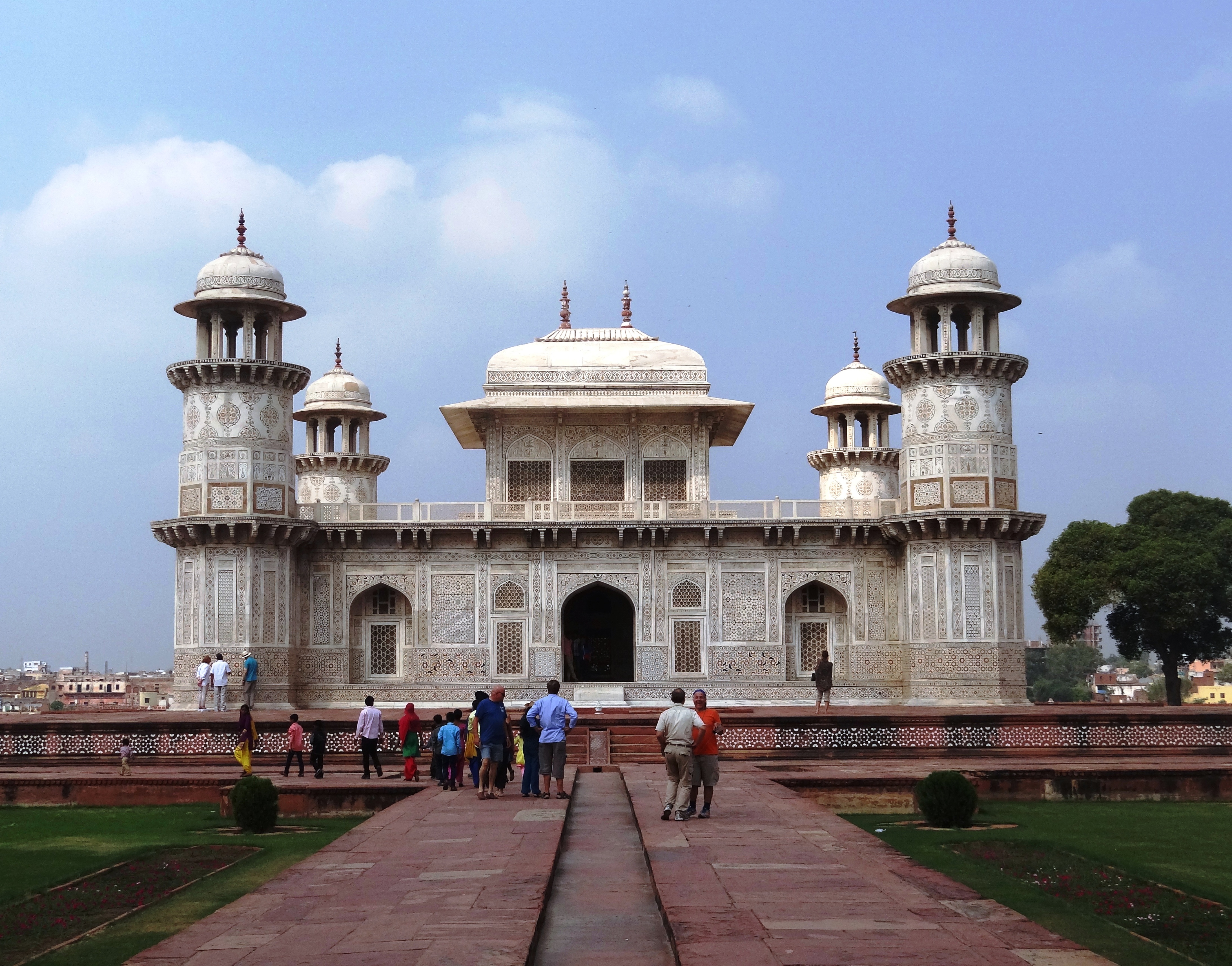|
Nicolls Baronets
The Nicolls Baronetcy, of Hardwick in the County of Northampton, was a title in the Baronetage of England. It was created on 28 July 1641 for Sir Francis Nicolls, 1st Baronet, Francis Nicolls, previously Member of Parliament for Bishop's Castle (UK Parliament constituency), Bishop's Castle and Northamptonshire (UK Parliament constituency), Northamptonshire. The title became extinct on the death of the third Baronet in 1717. Augustine Nicolls, Sir Augustine Nicolls, a Judge of the Court of Common Pleas (England), Court of Common Pleas, was the uncle of the first Baronet. Nicolls baronets, of Hardwick (1641) (sometimes spelt Nichols) *Sir Francis Nicolls, 1st Baronet (–1642) *Sir Edward Nicolls, 2nd Baronet ( 1619 – 1682) *Sir Edward Nicolls, 3rd Baronet (died 1717) References * {{DEFAULTSORT:Nicolls Extinct baronetcies in the Baronetage of England ... [...More Info...] [...Related Items...] OR: [Wikipedia] [Google] [Baidu] |
Baronetage Of England
Baronets are a rank in the British aristocracy. The current Baronetage of the United Kingdom has replaced the earlier but existing Baronetages of England, Nova Scotia, Ireland, and Great Britain. Baronetage of England (1611–1705) King James I created the hereditary Order of Baronets in England on 22 May 1611, for the settlement of Ireland. He offered the dignity to 200 gentlemen of good birth, with a clear estate of £1,000 a year, on condition that each one should pay a sum equivalent to three years' pay to 30 soldiers at 8d per day per man (total – £1,095) into the King's Exchequer. The Baronetage of England comprises all baronetcies created in the Kingdom of England before the Act of Union in 1707. In that year, the Baronetage of England and the Baronetage of Nova Scotia were replaced by the Baronetage of Great Britain. The extant baronetcies are listed below in order of precedence (i.e. date). All other baronetcies, including extinct, dormant (D), unproven (U), under ... [...More Info...] [...Related Items...] OR: [Wikipedia] [Google] [Baidu] |
Sir Francis Nicolls, 1st Baronet
Sir Francis Nicolls, 1st Baronet (sometimes spelt Nichols) (1586 – 4 March 1642) was an English Member of Parliament. He was also the first of the Nicolls baronets. He was born the eldest son of Francis Nichols of Hardwick, Northamptonshire and was educated at Brasenose College, Oxford. He also entered the Middle Temple in the same year (1602) to study law but was never called to the bar. He succeeded his father in 1604 and inherited land at Faxton in 1616 on the death of his uncle, the judge Sir Augustine Nicholls. He served as a Justice of the Peace for Northamptonshire in 1620-26 and from 1628 to his death. He was made a commissioner for oyer and terminer on the Midlands circuit in 1626. In 1628 he was elected MP for Northamptonshire, sitting until Parliament was suspended the following year by King Charles I. He was pricked High Sheriff of Northamptonshire for 1630–31. Nicolls was created a baronet on 28 July 1641. He died in 1642. He had married Mary, the daughter o ... [...More Info...] [...Related Items...] OR: [Wikipedia] [Google] [Baidu] |
Member Of Parliament
A member of parliament (MP) is the representative in parliament of the people who live in their electoral district. In many countries with bicameral parliaments, this term refers only to members of the lower house since upper house members often have a different title. The terms congressman/congresswoman or deputy are equivalent terms used in other jurisdictions. The term parliamentarian is also sometimes used for members of parliament, but this may also be used to refer to unelected government officials with specific roles in a parliament and other expert advisers on parliamentary procedure such as the Senate Parliamentarian in the United States. The term is also used to the characteristic of performing the duties of a member of a legislature, for example: "The two party leaders often disagreed on issues, but both were excellent parliamentarians and cooperated to get many good things done." Members of parliament typically form parliamentary groups, sometimes called caucuse ... [...More Info...] [...Related Items...] OR: [Wikipedia] [Google] [Baidu] |
Bishop's Castle (UK Parliament Constituency)
Bishop's Castle was a borough constituency, borough constituency in Shropshire represented in the British House of Commons, House of Commons of the Parliament of the United Kingdom. The market town of Bishop's Castle became a parliamentary borough in 1584 and was a United Kingdom constituencies, constituency of the House of Commons of England until 1707, of the House of Commons of Great Britain from 1707 to 1800, and of the House of Commons of the United Kingdom from 1801 to 1832. It was represented by two burgess (title), burgesses. The historian Lewis Namier claimed that in the middle of the eighteenth century it was the one notoriously corrupt parliamentary borough in Shropshire. It was abolished under the Reform Act 1832. Members of Parliament MPs 1584–1660 MPs 1660–1832 *''Constituency abolished / disenfranchised'' (1832) Election results Elections in the 1830s See also *Parliamentary constituencies in Shropshire#Historical constituencies * ... [...More Info...] [...Related Items...] OR: [Wikipedia] [Google] [Baidu] |
Northamptonshire (UK Parliament Constituency)
The county constituency of Northamptonshire, in the East Midlands of England was a constituency of the House of Commons of the Parliament of England, then of the Parliament of Great Britain from 1707 to 1800 and of the Parliament of the United Kingdom from 1801 to 1832 and was represented in Parliament by two MPs, traditionally known as Knights of the Shire. After 1832 the county was split into two new constituencies, North Northamptonshire and South Northamptonshire. Boundaries The constituency consisted of the historic county of Northamptonshire. Although the county contained a number of parliamentary boroughs, each of which elected one or two MPs in its own right for parts of the period when Northamptonshire was a constituency, these areas were not excluded from the county constituency. Owning freehold property of the required value, within such boroughs, could confer a vote at the county election. (After 1832, only non-resident owners of forty shilling freeholds situate ... [...More Info...] [...Related Items...] OR: [Wikipedia] [Google] [Baidu] |
Augustine Nicolls
Sir Augustine Nicolls or Nicholls (1559–1616) was an English judge. Life Nicolls was born at Ecton, Northamptonshire, in April 1559. He was the second son of Thomas Nicholls, serjeant-at-law, by Anne, daughter of John Pell of Ellington, Huntingdonshire. The Wardour Abbey manor in Ecton had been in the family for three generations, having been purchased by Augustine's grandfather, William Nicolls or Nicoll, of Hardwicke, Northamptonshire, who died in 1575. Nicolls trained in the common law, and became reader at the Middle Temple in the autumn of 1602. On 11 February 1603 Elizabeth I summoned him to become serjeant-at-law by taking the degree of the coif; but she died before the writ was returnable, and it had to be renewed by James I. Nicolls was sworn on 17 May following. On 14 December 1603 Nicolls was made recorder of Leicester. In 1610 Nicolls was attached as serjeant to the household of Henry Frederick, Prince of Wales. On 11 June 1610 he, in addition to the manors of B ... [...More Info...] [...Related Items...] OR: [Wikipedia] [Google] [Baidu] |
Court Of Common Pleas (England)
The Court of Common Pleas, or Common Bench, was a common law court in the English legal system that covered "common pleas"; actions between subject and subject, which did not concern the king. Created in the late 12th to early 13th century after splitting from the Exchequer of Pleas, the Common Pleas served as one of the central English courts for around 600 years. Authorised by Magna Carta to sit in a fixed location, the Common Pleas sat in Westminster Hall for its entire existence, joined by the Exchequer of Pleas and Court of King's Bench. The court's jurisdiction was gradually undercut by the King's Bench and Exchequer of Pleas with legal fictions, the Bill of Middlesex and Writ of Quominus respectively. The Common Pleas maintained its exclusive jurisdiction over matters of real property until its dissolution, and due to its wide remit was considered by Sir Edward Coke to be the "lock and key of the common law". It was staffed by one Chief Justice and a varying number of ... [...More Info...] [...Related Items...] OR: [Wikipedia] [Google] [Baidu] |
Tomb Of Sir Edward Nicolls (d
A tomb ( grc-gre, τύμβος ''tumbos'') is a repository for the remains of the dead. It is generally any structurally enclosed interment space or burial chamber, of varying sizes. Placing a corpse into a tomb can be called ''immurement'', and is a method of final disposition, as an alternative to cremation or burial. Overview The word is used in a broad sense to encompass a number of such types of places of interment or, occasionally, burial, including: * Architectural shrines – in Christianity, an architectural shrine above a saint's first place of burial, as opposed to a similar shrine on which stands a reliquary or feretory into which the saint's remains have been transferred * Burial vault – a stone or brick-lined underground space for multiple burials, originally vaulted, often privately owned for specific family groups; usually beneath a religious building such as a church ** Cemetery ** Churchyard * Catacombs * Chamber tomb * Charnel house * Church mon ... [...More Info...] [...Related Items...] OR: [Wikipedia] [Google] [Baidu] |


